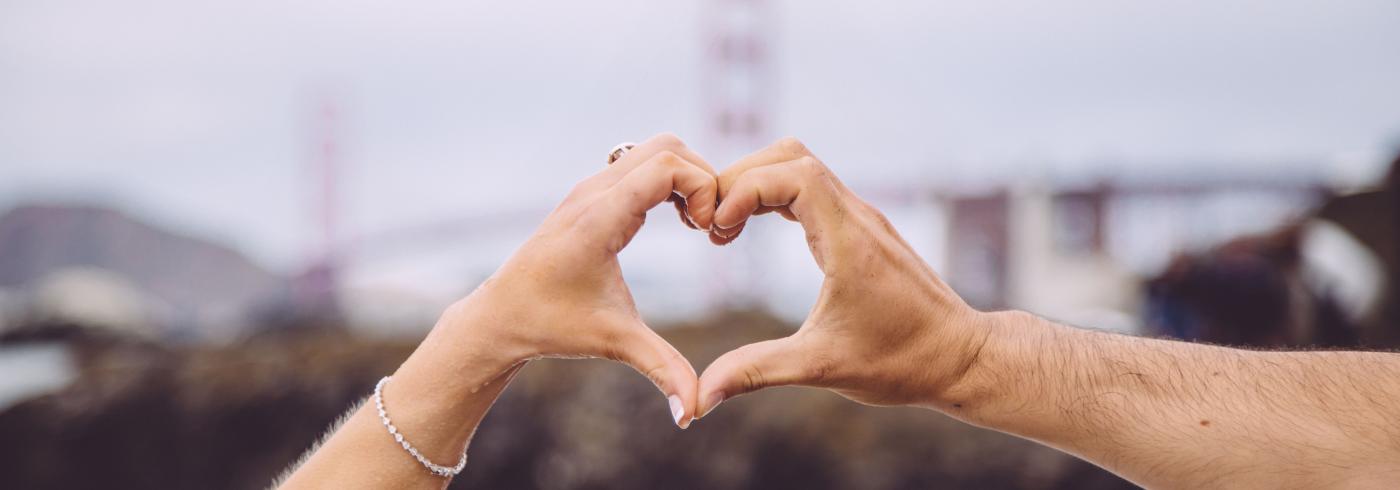
Tell us about yourself and your work!
I’ve been working exclusively in areas related to disability for the last 15 years. For 8 years I was an advocate for the deaf, suing insurance companies that refused to provide adequate treatment. For the past 7, I have worked tirelessly on digital accessibility, making it so people with disabilities have equal access to the internet
What qualifications do you have that have influenced your work?
I have degrees in CS, a JD, and an MBA. I also have a congenital mobility issue that means I spend a fair amount of time in a wheelchair and a daughter with moderate-severe bilateral hearing loss. It has been my daughter (who is currently in an audiology PhD program) who has been my biggest influence. It hurts me when she doesn’t have equal access to opportunities or information because of her hearing loss. I fight for my daughter and everyone else’s children as well.
Why accessibility? What does accessibility mean to you?
Accessibility is life. Without equal access, which requires accessibility, I would have been able to accomplish very little of what I have managed to accomplish thanks to the Americans with Disabilities Act. The same goes for my daughter. Given that disabilities are the largest minority in the US, there is no legitimate excuse for not being accessible.
How has your approach to accessibility changed over time?
I’ve gotten a lot more militant, to be honest. I was recently introduced at a PDF conference as someone “who had run out of f’s to give about excuses why something isn’t accessible”. Section 508 has existed for 16 years, and the ADA for 30. There is absolutely zero excuses today except for laziness and discounting the value of people with disabilities in supporting inaccessible products and services. Friends don’t let friends ship inaccessible code!
You’ve built a lot of accessibility programs from the ground up, what changes in the attitudes towards accessibility have you noticed?
It has honestly gotten more difficult as outsourcing has become more and more common. Development is frequently done in countries that don’t have great (or well-enforced) accessibility laws. “Why would a blind person want to work?” I was asked on a conference call with a group in South Asia a couple of years ago.
The secondary issue I see is the current accessibility rules really don’t work for SaaS and native app types of environments. You can’t be updating a VPAT or exhaustively running largely manual accessibility tests 6 times per day. So processes have become more important in ensuring the software remains accessible.
What question do you always want to be asked about accessibility but never get asked?
I love to tell stories about how accessibility has changed lives, both for the good and for the negative. A story I told an executive in a Fortune 500 company about blind people not being able to get jobs, where their software was being used, resulted in them establishing an accessibility program. An insurance appeals case I won saved someone from dying from a brain tumour. Accessibility is life-changing, it’s not just about making sure that required fields are marked as such or that the colors are correct.
We can’t thank Sheri enough for her time and for sharing this truly motivational story… Stories!